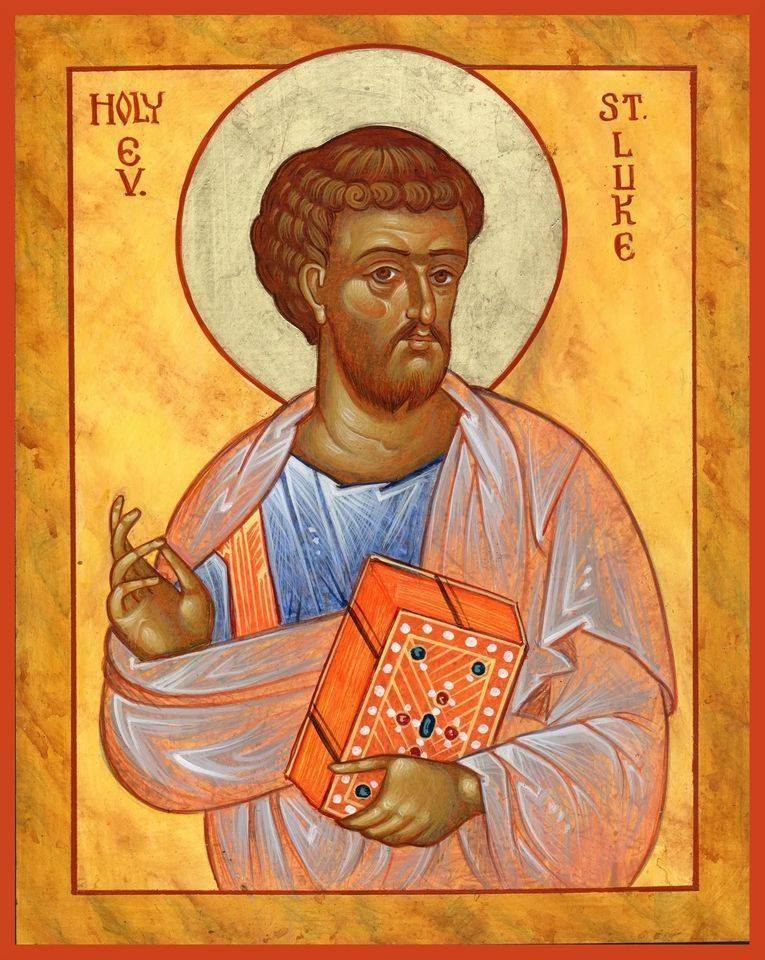A key point of Luigi Giussani’s on the spiritual life is the heart. In several places Giussani calls us to focus on our singularity of heart’s focus, the intention of the heart, or as traditional spiritual theology calls purity of heart. Having just finished what the Eastern Church calls Pure Week at the start of Great Lent (the Fast) we ought to continue to go deeper into the heart. The goal of the lenten Fast is to develop a transcendence of egocentrism closes down the heart from reality. The Church as teacher and mother shows us that the period of fasting we engage in at this time of the year is seen as a time of “showering of mercy,” with prayer, good deeds and philanthropy. This perspective of mercy evidences the surpassing self-love.
Great Lent is always a journey in which the Church calls us to an ever-deepening purity of heart. The external observances that are a part of it have significance only insofar as they help us live a more authentic expression of this. Above all, purity of heart means continually directing our intention to fulfilling the will of God as faithfully as we understand it. This is where true reconciliation with God occurs. (NS)
I was reading a bit of Giussani on the heart and the author/editor of the text placed the reality of the heart (and the heart’s needs) with the Christian idea of friendship.
Charity [says St Bernard] generates friendship, it is like its mother [charity is love for the other as affirmation of his good destiny, as a desire to affirm that his right destiny should be fulfilled, for Christ is the Mystery of which He is a part, and in which He participates]. It is God’s gift, it comes from Him, for we are carnal. He causes our desire and our love to begin from the flesh. In our hearts God inscribes for our friends a love that they cannot read, but that we can show to them. The outcome is an affection, more often an affectus, a profound, inexpressible attachment, which is in the order of experience and which fixes rights and duties for friendship.
Daily we pray, as Giussani directs, the Angelus to keep our hearts focused on the Mystery of the Incarnation. The gift we ask for is “Thy grace into our hearts.” But that grace is only present if the heart is pure –singularly focussed.





